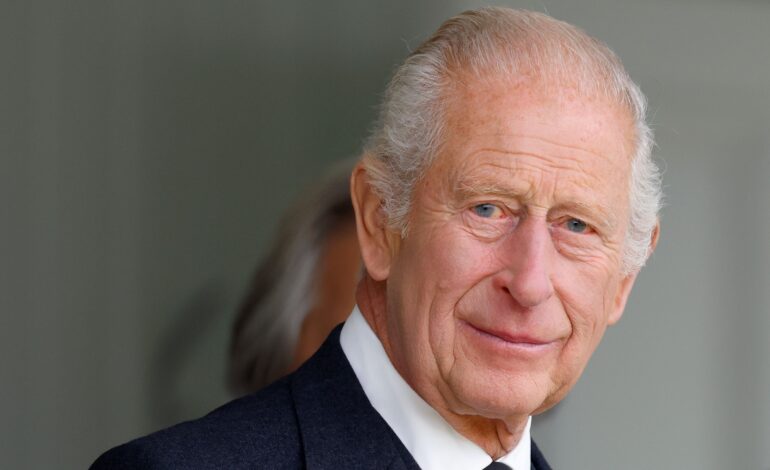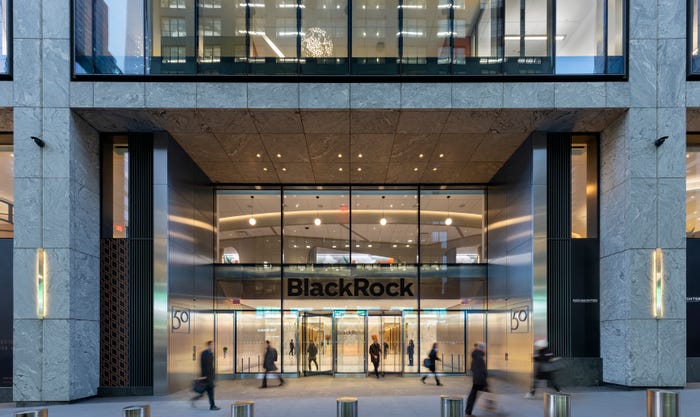King Charles III Faces Record Low Popularity in Monarchy

The monarchy of King Charles III has reached its lowest recorded popularity since polling began 42 years ago, according to a recent survey by the National Centre for Social Research. The British Social Attitudes survey, released on March 14, 2024, reveals that only 51 percent of adults in the U.K. view the royal family as important, a significant decline from 86 percent in 1983. This downturn surpasses the lows experienced during the tumultuous period surrounding Princess Diana’s life and death.
In the same timeframe, support for abolishing the monarchy has increased markedly, rising from just 3 percent to 15 percent. The number of individuals who consider the monarchy unimportant but are not in favor of abolition has also grown, from 10 percent in 1983 to 31 percent in 2024. This shift reflects a fundamental change in public sentiment regarding the institution.
Alex Scholes, research director at the National Centre for Social Research, noted, “British Social Attitudes has been tracking views on the monarchy for over 40 years, and the latest data show just how much opinion has shifted.” He emphasized that support for the monarchy is now at its lowest level since records began, with more individuals questioning its future.
A closer examination of the statistics reveals a dramatic decline among traditional monarchists. In 1983, 64.6 percent of respondents deemed the monarchy “very important,” but this figure has plummeted to just 24.1 percent in 2024. The previous low was recorded in 2006, at 27.1 percent, coinciding with the release of the Operation Paget report regarding conspiracy theories surrounding Princess Diana’s death.
Among the survey participants, 26.7 percent felt the monarchy was “quite important,” while 20 percent considered it “not very important,” and 11.2 percent claimed it was “not important at all.” The increase in those advocating for abolition to 15 percent signals a notable shift in public opinion.
When survey respondents were asked to choose between maintaining the monarchy or establishing an elected head of state, 58 percent preferred to keep the royals, while 38 percent favored an elected alternative. Among younger voters aged 16 to 24, the support for a republic is particularly pronounced, with 67 percent of young respondents identifying as republicans compared to 30 percent who support the monarchy.
Historically, the monarchy has faced challenges during significant events, such as the messy divorce of Princess Diana and King Charles III and her tragic death in 1997. Yet, even during these trying times, support for the monarchy rarely dipped below 60 percent. In fact, the last two years where support fell below this threshold were 2021 and 2023.
Graham Smith, chief executive of the anti-monarchy campaign group Republic, commented on the findings, stating, “The monarchy is in very serious trouble and in my view, it’s a matter of when, not if, it’s abolished.” He pointed to changing societal values and a decline in nostalgia for the monarchy, particularly following the passing of Queen Elizabeth II. Smith added that the monarchy has been rocked by multiple scandals that have placed it at odds with the values of many citizens.
As the monarchy navigates these turbulent waters, the implications of this public sentiment shift will undoubtedly play a significant role in discussions about its future. With committed royalists diminishing and public interest waning, the debate over the monarchy’s relevance in modern Britain is likely to intensify in the coming years.
For further inquiries regarding the royal family and its members, interested readers can reach out to royal correspondents via email at [email protected].






